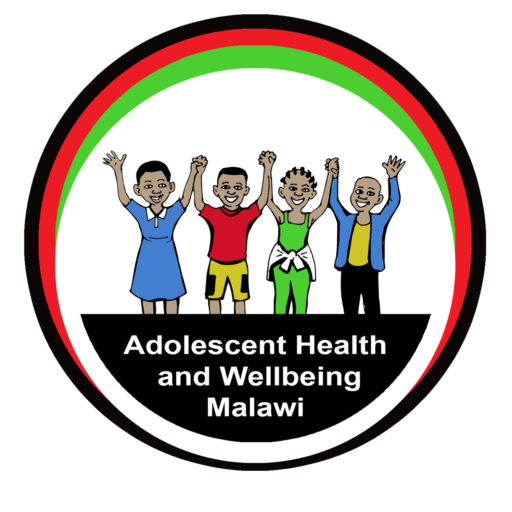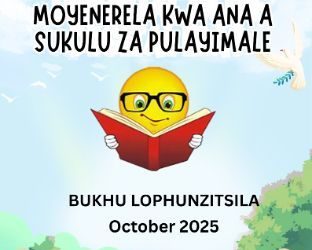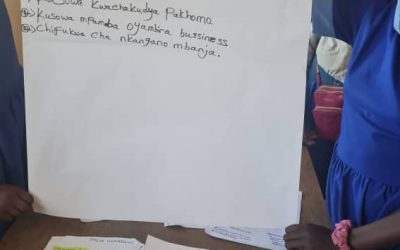By Dr. Tara Beattie
My last visit to Malawi was just before Covid19 hit in 2020, and obviously during the pandemic opportunity to come out was very restricted. I was then disappointed I couldn’t attend the project launch meeting in November 2022. So when the opportunity to come out in May 2024 was put to me, I jumped at the chance.
Previous research I have been involved with centred on Chikwawa, so I was keen to see some of the new communities we were working with on the NIHR grant. The WS4 team organised a trip to Mchinji to see one of the primary schools involved in our formative research study and also to get the chance to talk to some of the out-of-school adolescents in the community. Our Research Associate (and PhD student) Rossanie was to be my guide for the day. As I flew into Blantyre, I had to travel by car to Lilongwe and then drove out to Mchinji the next day. It was a lot of traveling, but it was a great opportunity to see lots of the countryside – Malawi is very scenic.
Mchinji is an agricultural area, where much of the land is devoted to growing crops, for example tobacco. When we travelled in May we saw the empty tobacco drying stalls, but during harvest these are packed with drying tobacco leaves.

Tobacco drying stalls on the roadside of Mchinji
Our first stop when we arrived was the District Education Office, unfortunately I didn’t get to meet the District Education Manager who was attending another meeting, but we picked up Clement Kambanje, the Complimentary Basic Education Coordinator who would be accompanying us on our trip.

Mchinji District Education Office
We drove to one of the primary schools where the team had collected data for our formative work. Here I got the chance to speak with some of the staff, and also some of the children – who were incredibly shy. We talked about their favourite subjects. I was happy to hear some of the girls favoured Maths, and some of the boys were enjoying Chichawa and English – I must admit, as having a science background myself, I was rather disappointed none of them favoured science! I asked if they enjoyed school, and there was unanimous agreement here that they did. When asked why they liked school, one boy said it would enable him to become rich – even at this age the young people see there is value in education. We also had a tour round the school to see the WASH facilities. There is an enrolment of over 1000 learners, and between them they have 8 latrines – 4 for the girls and 4 for the boys. The school has a borehole, but this is also used by the community of over 1000 houses, and doesn’t always work.

Four latrines for over 500 female learners
The Grade 8 students were about to start their final exams the following day, so Clement took me to see the set up in the exam room. The room has no desks, or chairs, or anything to lean on when writing, merely chalk marks on the floor used to keep the learners separate – not the best environment to excel in exams. Some of the younger children were keen to accompany us on our tour – you can see some of them playing in the exam room.
From the school we headed out to the community to get the chance to speak with some of the out-of-school adolescents and some of the parents. The parents spoke of the challenges keeping their children in school due to the fees required, hence the reason some young people we saw were not in school. As our focus in the project is on WASH we discussed some of the WASH challenges, a key one being access to water. As mentioned already the community are reliant on the borehole at the school, which is used by many and often breaks down. The parents indicated that the community has access to latrines, and usually it is the children from the school who use the bush around the school to relieve themselves.

Learners playing in the exam room
The first question I asked of the group of young people we spoke to was why they weren’t in school and they all agreed it was due to the fees and their families not being able to afford them. Some of the adolescents hadn’t been at school since 2019, where they left in Grade 1. When asked what they do all day, there were some comments of farming work, getting water, business for their parents, going to the river, but there seems to be a lot of boredom – some of the boys mentioned playing football in the afternoon, and that brought a smile to their faces. As we left it was clear that these young people were keen to attend school, and get an education, however economics were just against them.
My visit also coincided with the project Steering Group meeting to be held in Blantyre on 29th May 2024. The bi-annual meetings provide us with the opportunity to update the Steering Group on our activities, and for this meeting, for them to feedback on some of our formative research. The Steering Group contains members of the Malawian Government from various Ministries, e.g. Education, Youth and Sports, Water and Sanitation, Health, etc, it also has representation from youth groups, traditional authorities, and third sector stakeholders. The group provide us with insight into the lives of adolescents in Malawi, and gives us guidance to ensure our engagement is not only ethical, but also equitable, and will provide meaningful empowerment for young people. It was a long day, as all our work streams provided an update, but the Steering Group stayed the course and generously fed-back to each work stream in turn. The meeting also generated some local media buzz, and our esteemed leader Dr Effie appeared both on the TV and newspapers discussing some of the issues we are uncovering, such as child abandonment, early marriage, substance abuse, and suicide, and highlighting the importance of working with young people to empower them.

Steering Group meeting held at the Amaryllis Hotel in Blantyre.
I am very thankful for the opportunity to return to Malawi, despite the challenges the country faces, the welcome is always warm, even if the weather was not – I was surprised by how cool it was in the evening! And I couldn’t finish without offering a wee thanks to Prof Tracy, my partner in crime for the trip, the WS4 team and the staff at WASHTED, where WS4 is based in MUBAS – it was my birthday while I was visiting, and the team got me the biggest birthday cake I think I’ve seen, and all serenaded me with happy birthday. Thanks Team!

By ~ Dr Tara K. Beattie WS4 (WASH & Adolescents)



